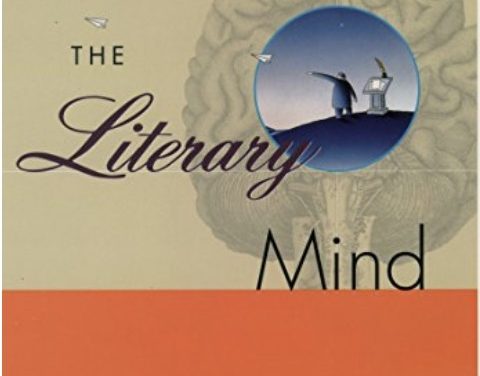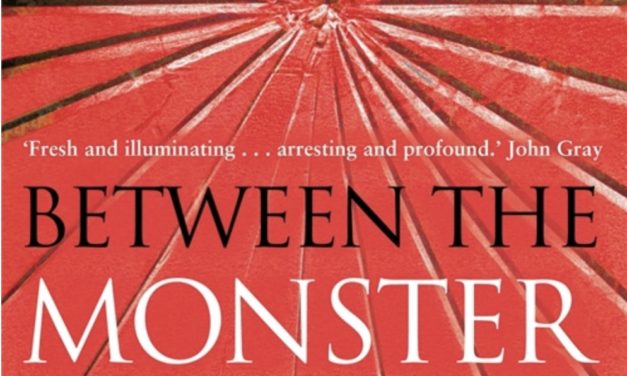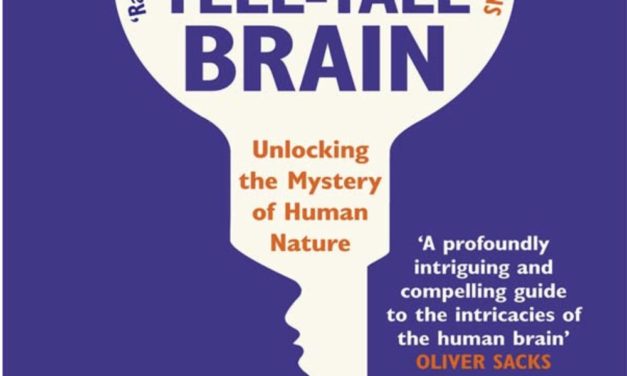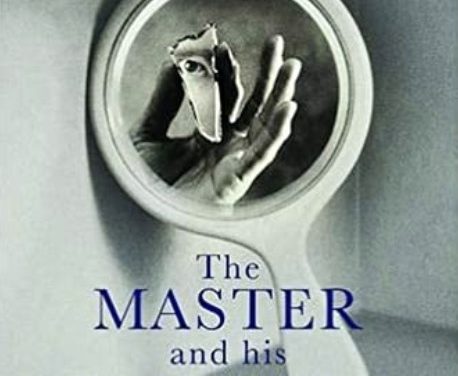Until the End of Time: Mind, Matter, and Our Search for Meaning in an Evolving Universe
In both time and space, the cosmos is astoundingly vast, and yet is governed by simple, elegant, universal mathematical laws.
On this cosmic timeline, our human era is spectacular but fleeting. Someday, we know, we will all die. And, we know, so too will the universe itself. — amamzon.co.uk
Read More





